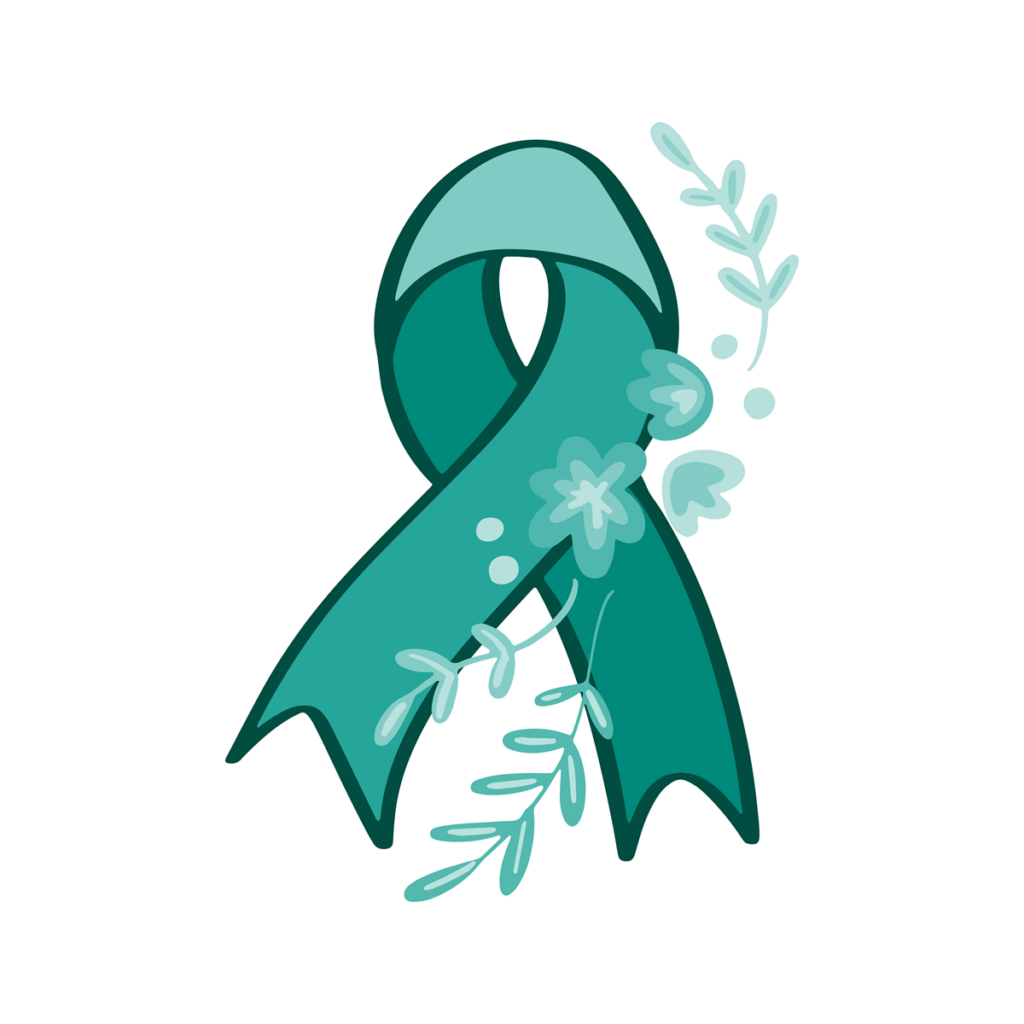
June is PTSD Awareness Month, a time to shed light on post-traumatic stress disorder (PTSD) and its impact on individuals, families, and communities. Understanding why awareness matters is crucial in supporting those affected by PTSD and fostering a more compassionate and informed community.
Why is awareness Important?
Awareness plays a pivotal role in reducing the stigma surrounding mental health conditions like PTSD. Stigma often leads to shame, silence, and reluctance to seek help. By raising awareness and promoting open conversations about PTSD, we can create a culture of acceptance and understanding. This environment empowers individuals to seek support without fear of judgment and encourages communities to offer empathy and support.
PTSD Awareness Month highlights the importance of early intervention and timely access to mental health services. Increased awareness prompts individuals to prioritize their mental well-being and seek professional help when needed, preventing the escalation of symptoms and complications. Recognizing the signs and symptoms of PTSD leads to better outcomes and improved quality of life for those affected.
It is also crucial to advocate for the availability of resources and support systems for individuals living with PTSD. These resources include access to mental health professionals, trauma-informed therapies, support groups, and community resources. Advocating for comprehensive and accessible mental health care ensures that individuals with PTSD receive the support they need.
How can you support those with PTSD?
Be patient. Understand that healing from trauma takes time and patience. Growth is not linear, and everyone goes through their own separate journey. Avoid rushing or pressuring them to “get over it,” and offer your support and presence instead.
Educate yourself. Take the time to educate yourself about PTSD, its symptoms, triggers, and treatment options. Remember, not everyone has the same experience. Get to know the person you are interacting with to understand their experiences better. This knowledge helps you provide informed support and avoid misconceptions or stereotypes.
Listen without judgment. Create a safe space for open communication by listening actively and without judgment. Allow them to share their experiences and feelings without feeling invalidated or criticized. Keep your mind open. It can make the world of difference when someone has a friend that will hear them out no matter what
Respect boundaries. Respect their boundaries and preferences regarding their treatment and recovery journey. Different people choose to share their stories in different ways. Avoid imposing your beliefs or solutions and instead offer collaborative support.
Southeast Healthcare offers invaluable support for those suffering from PTSD and their loved ones. With a comprehensive range of services, we provide access to mental health professionals skilled in trauma-informed care, ensuring that individuals receive the appropriate and personalized treatment they need. Our integrated approach includes counseling, support groups, and community resources tailored to help those affected by PTSD.
At Southeast Healthcare, we help individuals navigate their recovery journey by fostering a supportive and empathetic environment, promoting healing and resilience. Whether through direct therapy or connecting people with the right resources, we are a dedicated team to improving the lives of those impacted by PTSD.